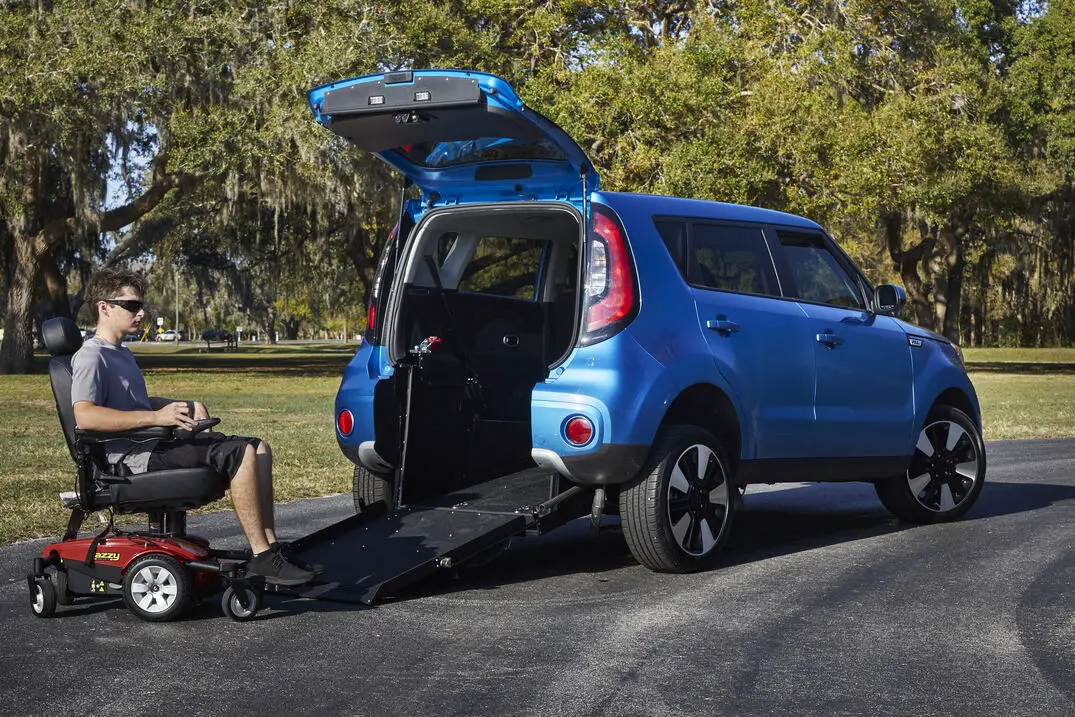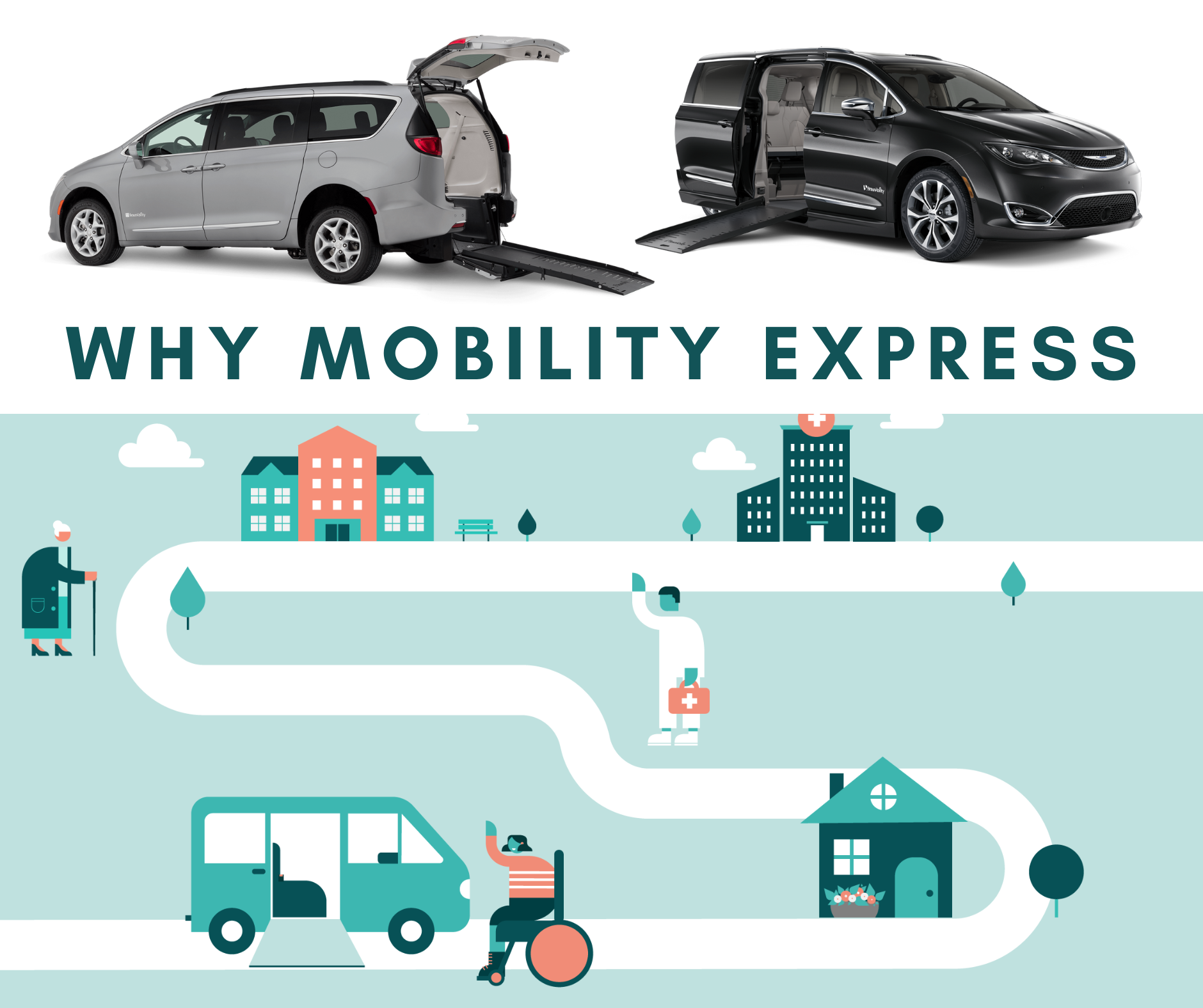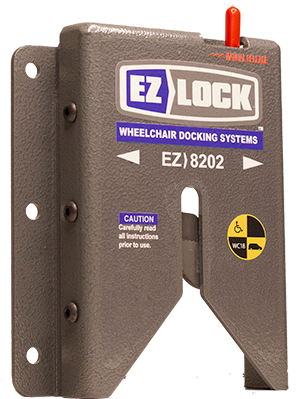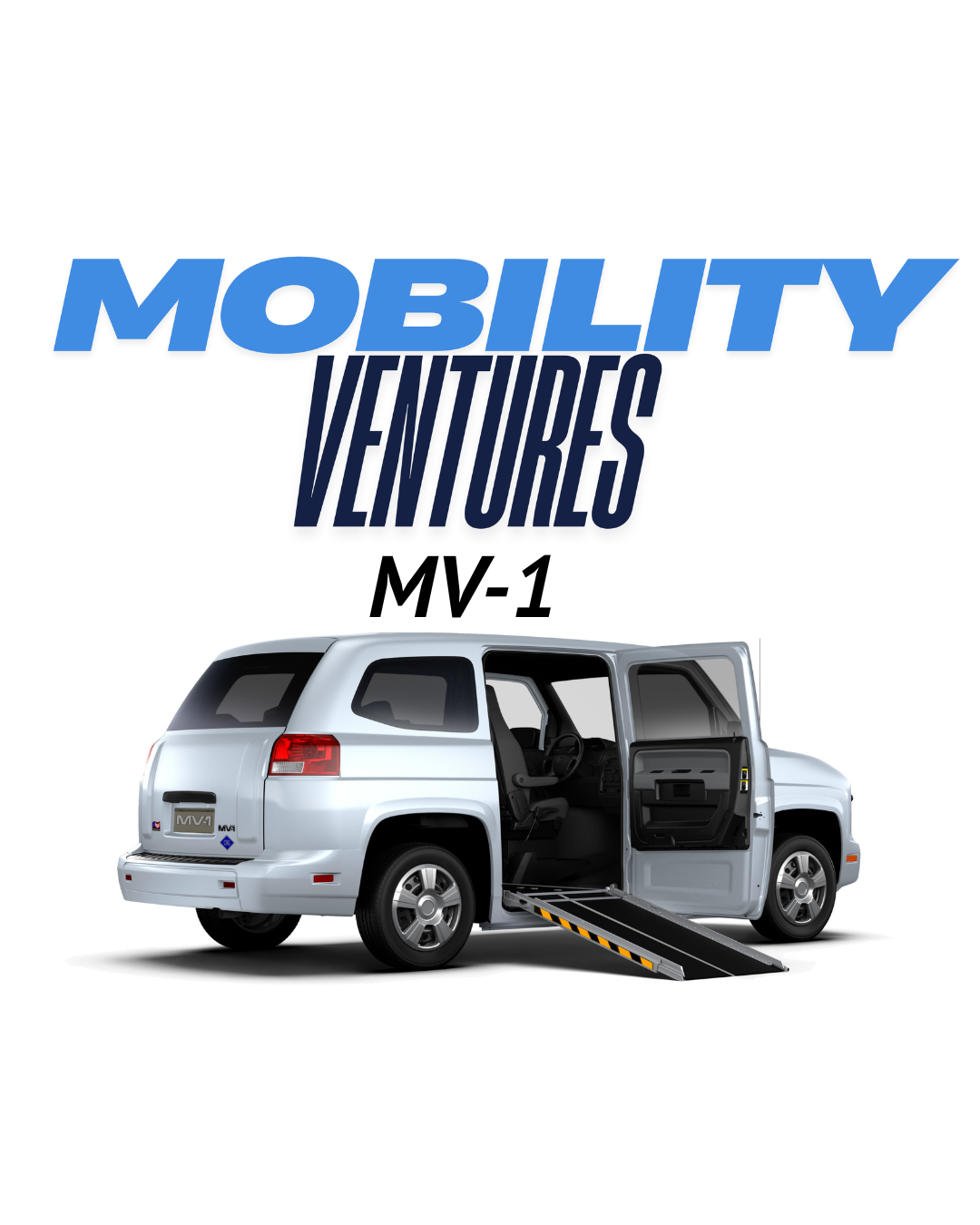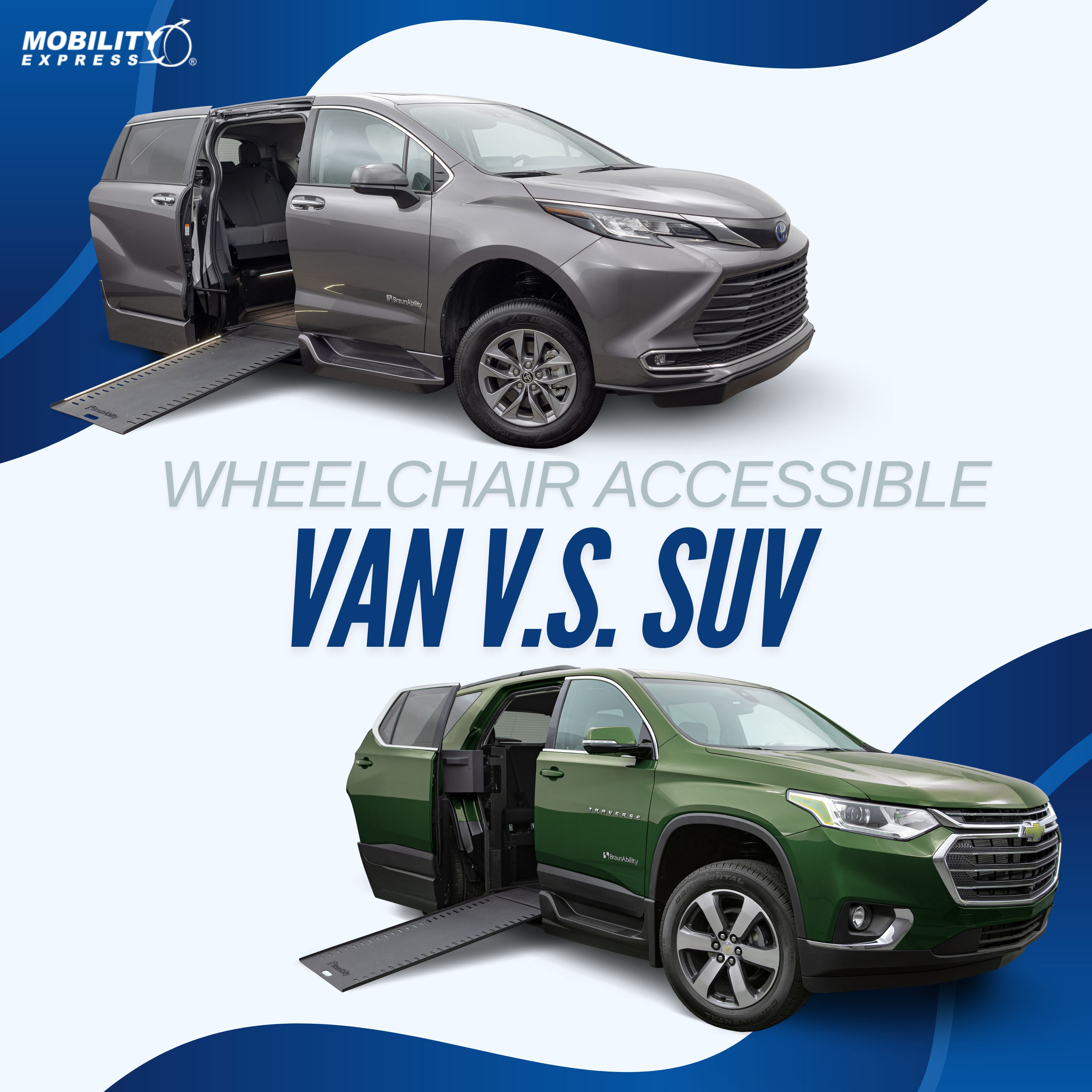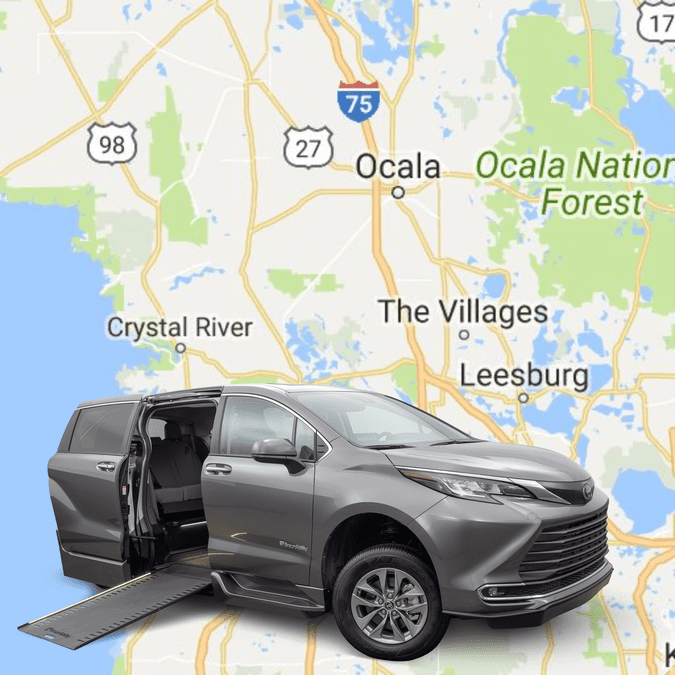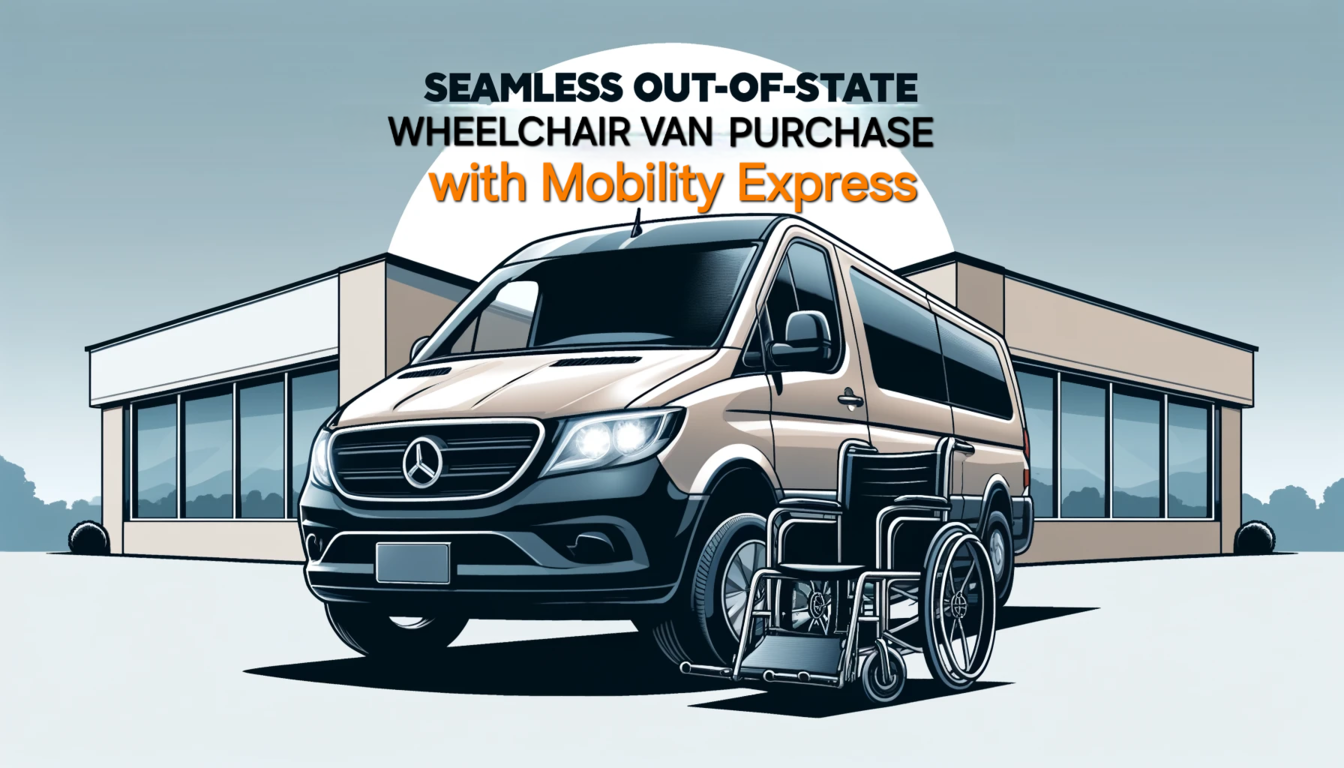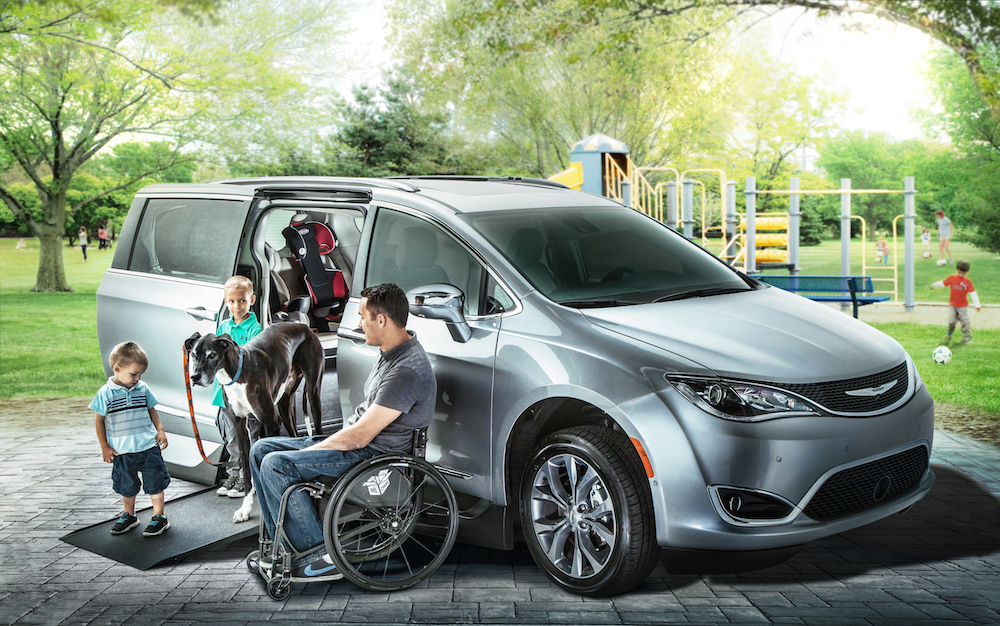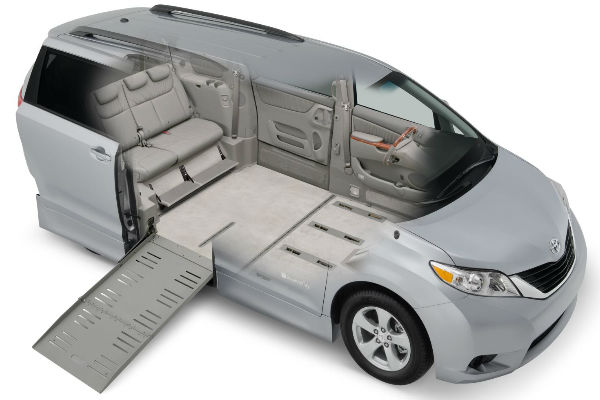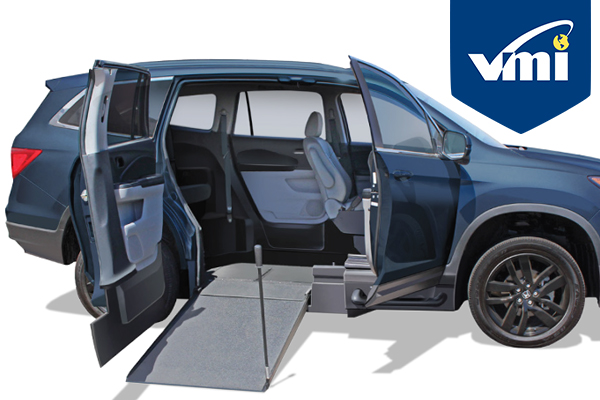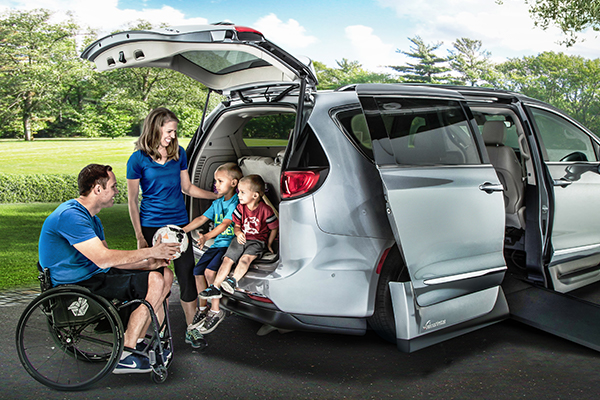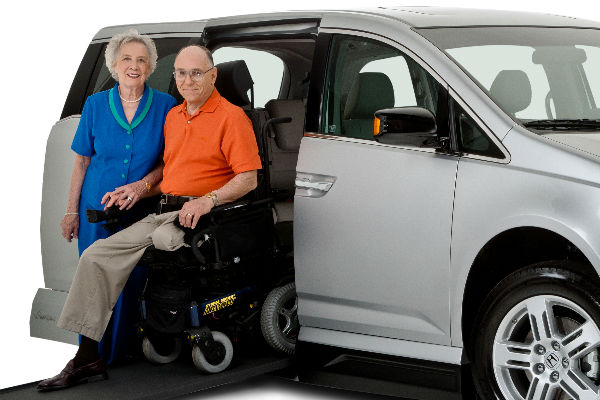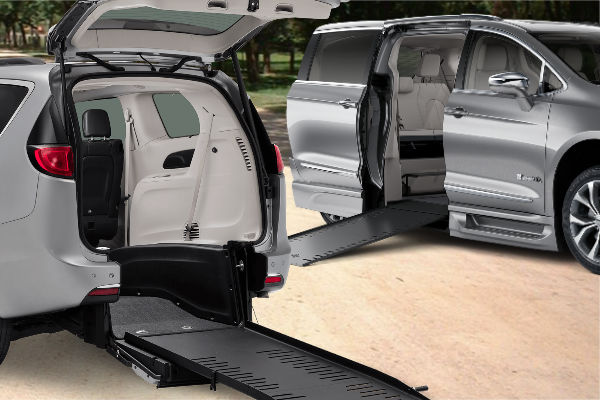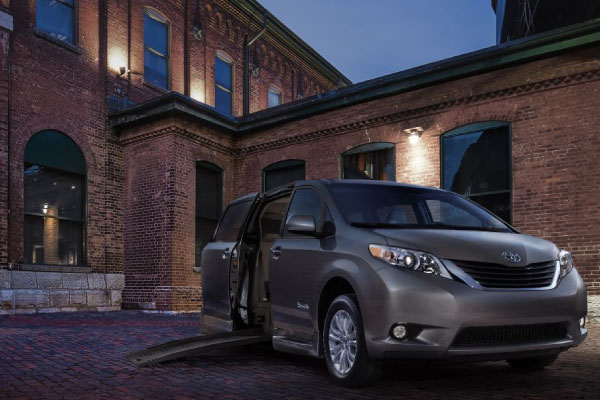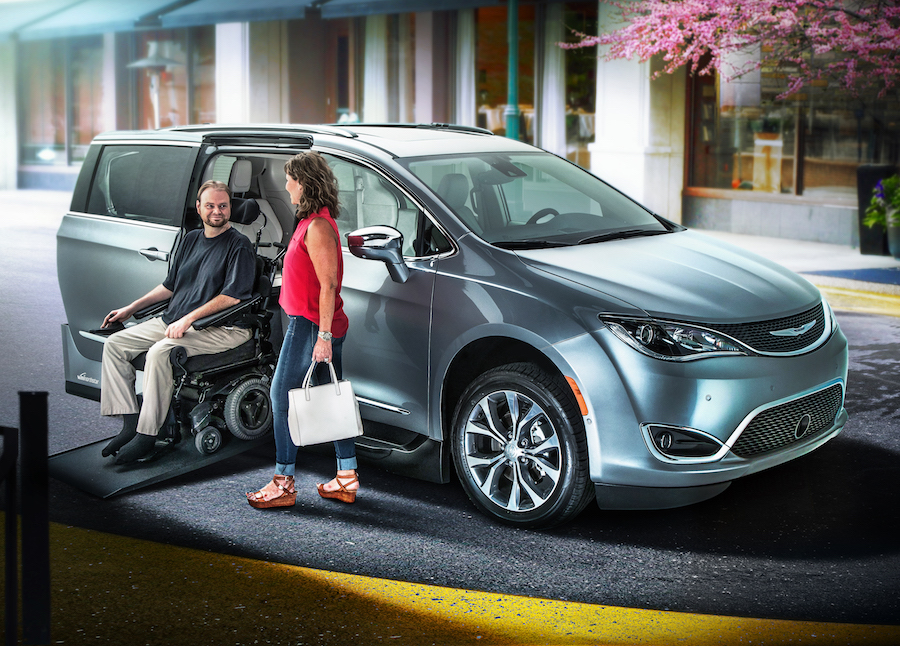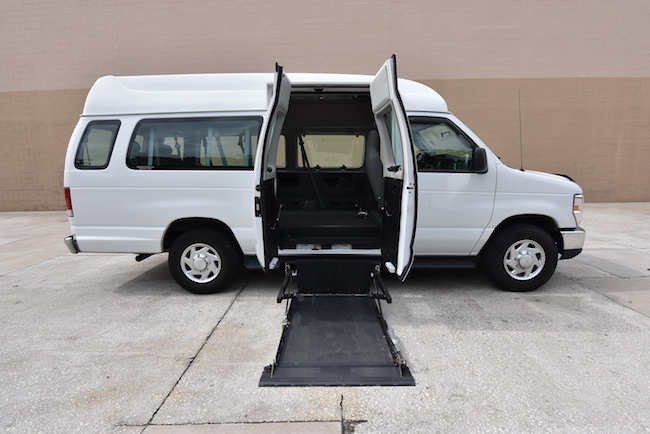Choosing the Right Wheelchair Van: Full-Size vs. Minivan
Choosing the Right Wheelchair Van: Full-Size vs. Minivan
When it comes to accessible transportation for individuals with mobility challenges, wheelchair vans are a game-changer. These vehicles provide freedom, independence, and ease of travel for wheelchair users. However, choosing the right type of wheelchair van can be overwhelming. In this blog post, we'll compare two popular options: full-size wheelchair vans and minivan wheelchair vans. By understanding their features, advantages, and limitations, you can make an informed decision that best suits your specific needs.
Full-Size Wheelchair Vans: Space and Versatility
Full-size wheelchair vans, are typically converted from standard passenger vans or commercial vehicles. These vans offer ample space and versatility, making them an excellent choice for families or individuals requiring extra room for equipment, caregivers, or additional passengers. Key features of full-size wheelchair vans include:
-
Interior Space: Full-size vans have significantly more interior space, allowing for multiple wheelchair positions, extra seating, and storage capacity.
-
Accessibility: These vans often offer multiple entry points, such as side lifts, rear lifts, or ramps, providing flexibility in terms of loading and unloading wheelchair users.
-
Customization Options: Full-size wheelchair vans can be extensively customized to fit specific needs, including modifications for different types of wheelchairs and mobility devices.
-
Comfort: The larger size of full-size vans allows for a more comfortable ride, with features like additional headroom, legroom, and options for upgraded seating and amenities.
Minivan Wheelchair Vans: Maneuverability and Convenience
Minivan wheelchair vans, on the other hand, are converted from popular minivan models. These vans offer a more compact and maneuverable option while still providing accessibility features. Here are some notable aspects of minivan wheelchair vans:
-
Maneuverability: Minivans are easier to handle and navigate in tight spaces, making them ideal for urban environments, crowded parking lots, or narrow driveways.
-
Fuel Efficiency: Compared to full-size vans, minivans generally offer better fuel efficiency, potentially resulting in cost savings over the long term.
-
Lower Cost: Minivan conversions are often more affordable compared to full-size van conversions, making them a budget-friendly option.
-
Everyday Use: Minivan wheelchair vans retain their original aesthetics and functionality, allowing them to serve as a multi-purpose vehicle for everyday use by the whole family.
Considerations for Your Decision
While both full-size and minivan wheelchair vans offer accessibility and convenience, several factors should be taken into account when making your decision:
-
Passenger Capacity: If you frequently travel with multiple passengers, require extra storage space, or need accommodations for caregivers, a full-size van might better meet your needs.
-
Maneuverability: Consider your driving environment, parking spaces, and your comfort level with handling a larger vehicle. If maneuverability is a priority, a minivan could be a better fit.
-
Budget: Assess your budget and weigh the upfront cost of the vehicle, conversion, and ongoing maintenance expenses.
-
Personal Preference: Ultimately, your personal preferences, lifestyle, and specific requirements should guide your decision. Take into account your comfort, accessibility needs, and any future considerations.
Choosing between a full-size wheelchair van and a minivan wheelchair van requires careful consideration of your specific needs and circumstances. While full-size vans offer more space and customization options, minivans provide maneuverability and affordability advantages. Evaluate factors such as passenger capacity, maneuverability, budget, and personal preferences to make an informed decision. Remember, the right choice is the one that empowers you to live your life to the fullest, ensuring independence and freedom of mobility.


